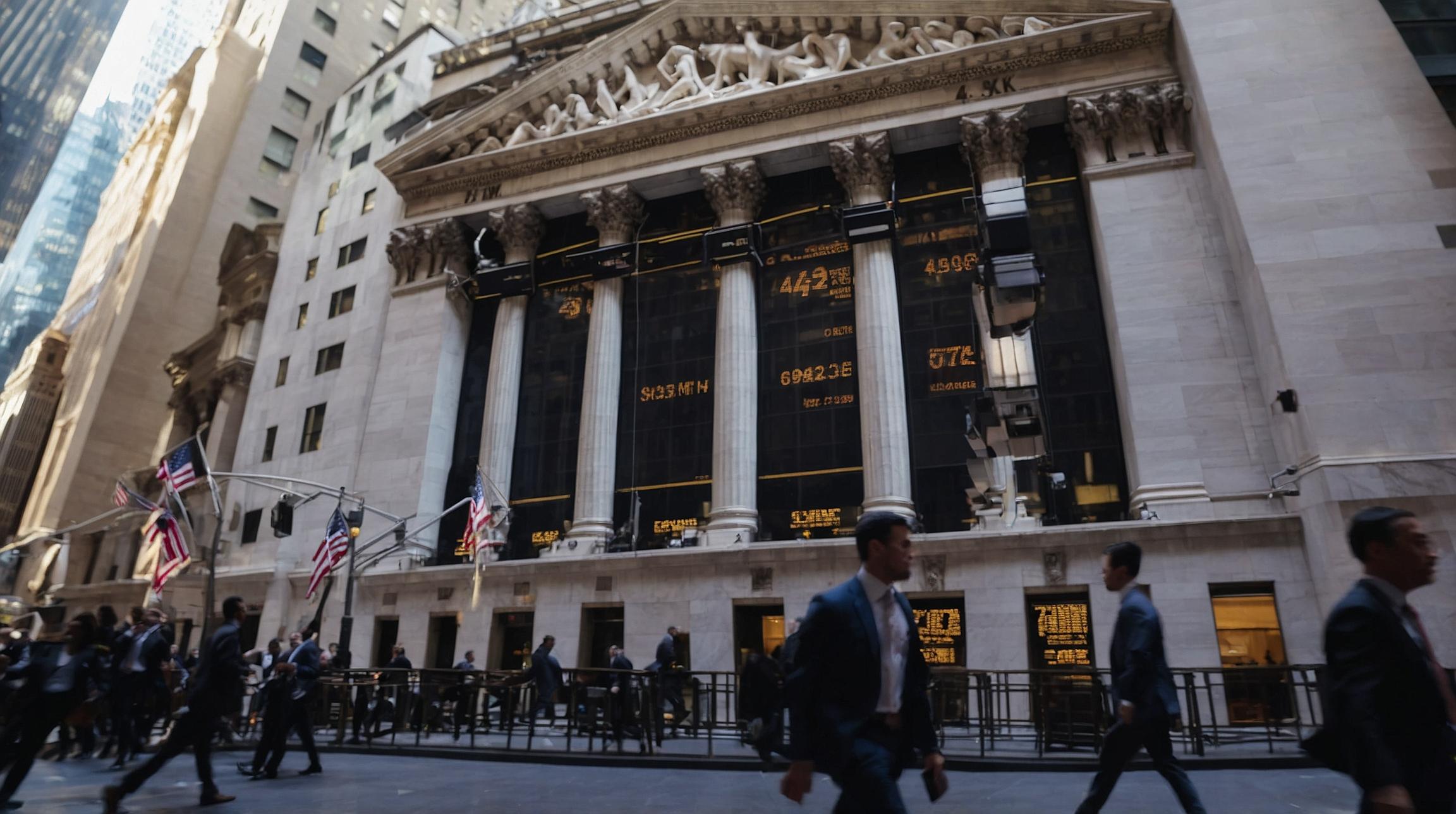KeyCorp Stock Boosted by Major Scotiabank Investment
KeyCorp, the Cleveland-based bank, recently saw a significant uptick in its stock value following an announcement of a substantial investment from the Bank of Nova Scotia, commonly known as Scotiabank. The investment, valued at approximately $2.8 billion, involves the acquisition of nearly 163 million shares by Scotiabank, marking a major strategic move for both financial institutions.
Strategic Share Acquisition Timeline
Scotiabank's plan to buy into KeyCorp involves a phased approach. Initially, Scotiabank will invest $800 million by the end of the current month. This is the first step in their acquisition strategy. The final and more significant phase, involving an additional $2 billion, is contingent upon receiving necessary regulatory approvals from agencies, including the Federal Reserve, which is expected by the first quarter of 2025.
KeyCorp’s Strategic Positioning
According to KeyCorp's CEO, Chris Gorman, the offer from Scotiabank was seen as a "unique opportunity" to secure capital under favorable terms. This strategic financial boost comes even as KeyCorp maintains a stable capital position. The investment not only promises to accelerate KeyCorp's capital and earnings improvement plans but also strengthens its overall strategic position in the banking sector.
Investment Terms and Market Reaction
The shares acquired by Scotiabank are set at a fixed price of $17.17 per share, which is approximately a 17.5% premium over the closing price of $14.61 at the end of last week. This premium reflects the confidence Scotiabank has in the potential growth and profitability of KeyCorp. Following this announcement, KeyCorp's share price rose by about 13%, reaching highs not seen since early 2023.
Market Implications and Future Outlook
This move by Scotiabank not only reinforces KeyCorp's capital resources but is also a testament to the bank's robust strategic direction. While KeyCorp's shares surged, Scotiabank experienced a 4% decline in its stock value, likely reflecting short-term investor reactions to the capital outlay. However, the long-term strategic benefits of this investment could potentially outweigh the initial market responses, setting the stage for future growth.
Such investments highlight the dynamic nature of the financial markets and the importance of strategic partnerships in enhancing corporate growth and shareholder value. Investors are advised to keep a close watch on how these developments unfold, considering both immediate market reactions and long-term strategic benefits for the involved parties.













